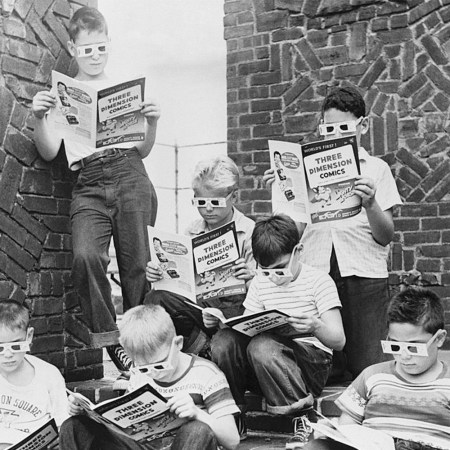Four of the top ten highest-grossing movies in 2019 featured characters that debuted in superhero comics. It can seem strange to think that superhero films were once anything but a sure thing; now, they’re ubiquitous. But those runaway box office successes are often based on or inspired by years’ (or even decades’) worth of stories that first appeared in the pages of monthly comics. And the disparity between what the writers and artists who created those stories have been paid over the years versus the massive budgets of something like Avengers: Endgame are starting to tilt into something much more alarming.
The latest manifestation of this involves the Walt Disney Company – which owns Marvel – suing a host of writers and artists, including the 89-year-old Larry Lieber (Stan Lee’s younger brother) and the estates of artists like Gene Colan and Steve Ditko. An article by Ryan Faughnder at the Los Angeles Times offers more details on the suit.
The writers and artists being sued recently filed copyright termination claims on the characters they had a hand in creating. (Ditko, for instance, is the co-creator of Spider-Man and Dr. Strange.) Disney’s counter-argument: when they created these characters, they did so as work for hire. The Times article quotes Marvel’s attorney Dan Petrocelli making an argument to this extent. “Since these were works made for hire and thus owned by Marvel, we filed these lawsuits to confirm that the termination notices are invalid and of no legal effect,” he told the Times.
For longtime observers of the superhero comics space, this is not a new debate. (Sean Howe’s book Marvel Comics: The Untold Story is essential reading here.) But the stakes have gotten higher as superheros have gone from cult favorites to fuel for blockbusters. A recent article by Sam Thielman in The Guardian looked at the lack of recognition — financial and otherwise — given to comics creators responsible for high-profile Marvel and DC characters. And while it’s more tangentially related, the #DisneyMustPay campaign seems cut from a similar cloth — namely, the idea that Disney, not exactly a corporation hurting for cash, can afford to pay more to the creative minds behind some of their highest-profile movies and television shows.
As the Los Angeles Times article points out, the end goal of the artists’ copyright termination notices would not be to prevent, say, another Spider-Man movie from happening; instead, it would involve those artists (or their estates) being compensated when such a thing took place. It’s a high-stakes conflict, and with more Marvel and DC comics due to be adapted, the issues it raises aren’t going away.
Thanks for reading InsideHook. Sign up for our daily newsletter and be in the know.


















